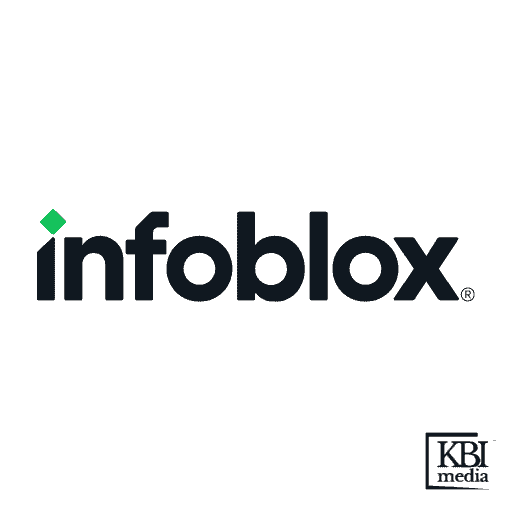Infoblox is calling on the Australian and New Zealand cybersecurity organisations to join it in uniting networking and security teams to better protect themselves and the ANZ region from cyberattacks.
By bringing NetOps and SecOps teams together with shared visibility, data context, automation and control, Infoblox believes it can prevent malware communications, pinpoint the source of threats, and take performance and protection to new heights.
Not surprising, 57% of Australian organisations have suffered at least one data breach in the last 12 months with an average $2M loss per event due to these breaches, according to CyberRisk Alliance’s 2023 Global State of Cybersecurity report. 55% of Australian companies vs 81% of global respondents identified email/phishing as a top attack vector according to Infoblox’s findings.
In light of this, Infoblox is launching its new Lookalike Domain Monitoring capability that identifies sites attempting to impersonate company brands, something that is increasingly being used to deceive partners and customers with phishing, malvertising, and similar attacks.
“As a best-of-breed DNS layer security solution provider in the ANZ region, Infoblox continues to pioneer advancements in the use of DNS as a source of unique threat intelligence and as a powerful enforcement point,” said Scott Harrell, CEO & President of Infoblox. “We are the first and only DNS Security vendor to protect against the use of lookalike domains by attackers. These attacks are increasing in sophistication and prevalence, making specialised solutions not just nice to have, but necessary to secure enterprises and their users,” he added.
In a new lookalike domain report to be released at the RSA 2023 Conference at the end of April, Infoblox reveals that while the use of lookalike domains by malicious actors continues to persist, the techniques have substantially advanced in 2022. Now into Q2 2023, every sector is targeted and this technique plays a key role in complex cyberattacks such as those used to bypass multi-factor authentication (MFA) measures.
Infoblox’s new Lookalike Domain Monitoring capability includes additional lookalike defences against multi-factor authentication (MFA) spoofing attacks which can come through email, SMS texts, and other digital communications. This protects employees against credential theft, the most valuable attack resource for threat actors.
Recent disclosures have exposed the growing threat of targeted attacks impersonating multi-factor authentication (MFA) to deceive employees into providing their credentials. Infoblox’s new threat intelligence can protect customers proactively, by identifying threats as they emerge.
“We will be showcasing these and more at Infoblox Exchange coming to Sydney on 25th May 2023 and Melbourne on 23rd May 23rd 2023,” said Scott Morris, Managing Director, Australia & NZ at Infoblox. “Exchange is an annual Cybersecurity Event to help security professionals discover the many ways that Infoblox, our partners and customers are solving today’s most urgent network performance and protection issues. It is happening in more than 20 cities across Europe, the Middle East/Africa and Asia-Pacific,” Morris added.
Infoblox developed technology to proactively identify multi-factor authentication lookalike activity – this technology operates in parallel with its other Custom Lookalike Domain Monitoring capabilities. Employees who click on links in email or SMS messages imitating their trusted multi-factor authentication tools, or the MFA infrastructure, can be protected by denying the connection at the DNS layer.
Additionally, refined algorithms and user experience allow Infoblox to identify suspicious and phishing lookalikes to customer-chosen monitored domains. This affords protection against spearphishing and brand abuse with alerts for suspicious activity that is tailored to their needs.
“Networking and security work better together when they share real-time visibility into application, user and device context,” added Morris. “Real-time threat protection and more resilient network performance can only happen when networking and security work side by side.”
“We can help enable NetOps and SecOps to work more efficiently by uniting their view of user context and DNS data, so everything runs faster, works better, and is more secure. This also saves NetOps and SecOps time by uniting real-time user and device context, eliminating critical network and security bottlenecks.”
Infoblox’s cloud-first, consultative approach provides customers with specific solutions and actions to help them build more resilient networks and stop critical threats sooner, based on their unique business needs. For more information visit infoblox.com.
-ENDS-
About Infoblox
Infoblox unites networking and security to deliver unmatched performance and protection. Trusted by Fortune 100 companies and emerging innovators, we provide real-time visibility and control over who and what connects to your network, so your organisation runs faster and stops threats earlier. Visit infoblox.com, or follow-us on LinkedIn or Twitter.
For more information please contact:
Dan Stewart





